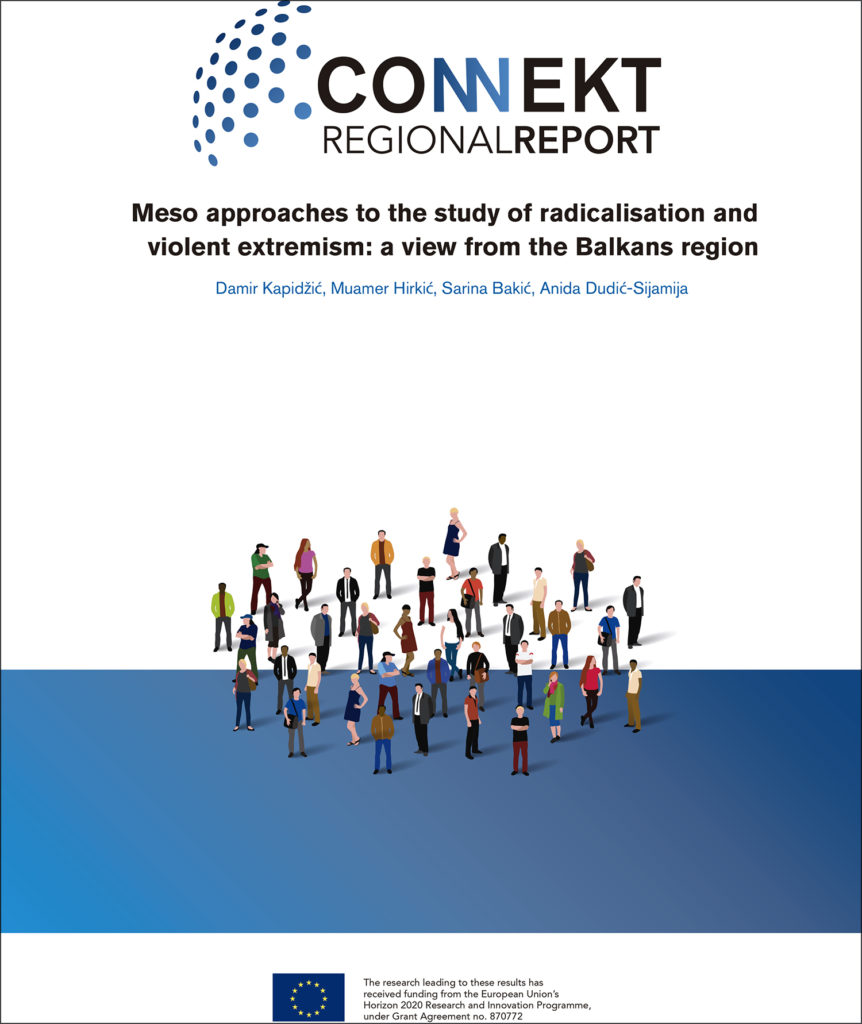Economic and political factors, religion, digital socialisation, lack of education, cultural and leisure opportunities, nationalism, hate speech, and lack of trust in institutions and the unresolved status of individual countries are the main drivers of radicalisation among youth in the Balkans.
But a one-size-fits-all approach to preventing radicalisation will not be effective. Deprivation, political grievances, and nationalist ideologies are common drivers of radicalisation among youth in the countries studied (Bosnia and Herzegovina, Bulgaria, Kosovo, and North Macedonia). But there are differences in how each of the drivers manifest in each country, as religion, digital socialisation, territorial inequalities, transnational dynamics and political issues play a larger role in certain countries. For that, tailored strategies must be developed for each country and community.
Read the full report on “Meso approaches to the study of radicalisation and violent extremism: a view from the Balkans region” by downloading the PDF.


